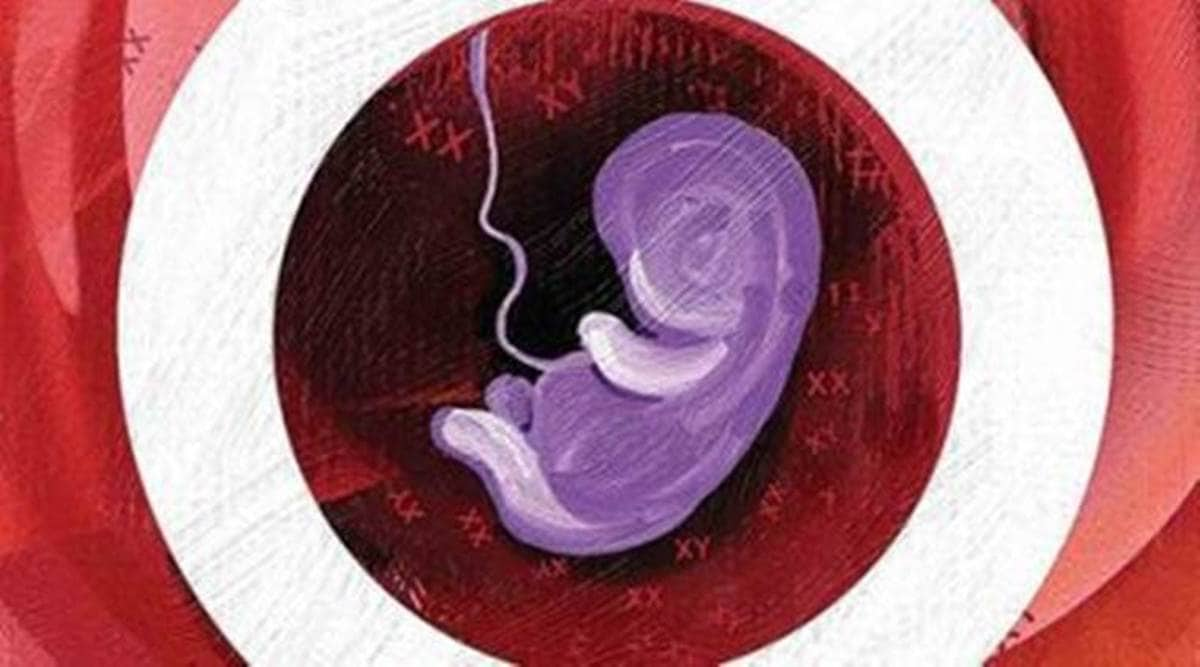 The government argued that the acts were passed by the Parliament after receiving comments from all stakeholders and there is no violation of fundamental rights. (File Photo)
The government argued that the acts were passed by the Parliament after receiving comments from all stakeholders and there is no violation of fundamental rights. (File Photo)In its response to a plea challenging the constitutional validity of certain provisions of the Assisted Reproductive Technology (Regulation) Act, 2021 and Surrogacy (Regulation) Act, 2021, the Centre has informed the Delhi High Court that the Acts were passed following “due procedure of law”.
The plea before the high court has been moved by an unmarried man and married woman who already has a child, claiming that the Acts exclude them from the benefit of surrogacy as a “reproductive choice” as well as the requirement of the exercise being an altruistic surrogacy only. The plea claims that this exclusion is against Article 14 (Right to Equality) and 21 (Right to Life) of the Constitution.
“Petitioner No.1 (being a single male) is arbitrarily ousted from any benefit under the impugned Acts at all whereas, Petitioner No.2 (being a married woman and a mother), not being able to find and obtain consent from an eligible surrogate mother cannot avail of surrogacy as a reproductive choice and is also barred under the Acts as she does not have medical indication necessitating surrogacy,” the plea states.
The woman, who does not suffer from medical infertility, wishes to pursue surrogacy due to problems arising in her first pregnancy and her desire to focus on her career and health. The man and the woman have sought the intervention of the high court in order to “exercise their reproductive choices to their satisfaction and desire of having a family (with respect to the man) and/or a family of a size they decide (with respect to the woman)”.
The petitioners have argued that commercial surrogacy is the only option available to them which is prohibited under the two Acts. The plea has further argued that the “right of privacy of every citizen or person to be free from unwarranted governmental intrusion” into matters fundamentally affecting a decision to “bear or beget a child through surrogacy cannot be taken away”.
The high court had issued notice on the plea in May observing that the matter required consideration and had sought the Centre’s response on the same.
The Centre, through the Ministry of Health and Family Welfare, has however submitted that both Acts were enacted following “due prescribed procedure as per law”. It further submitted that the “provisions under challenge regulate” the procedure of surrogacy and assisted reproductive technology (ART) and if these provisions are “diluted the whole purpose of both acts will be defeated”.
“Both the acts are enacted so that procedures followed in ART and surrogacy can be regulated in an appropriate manner as per rules and regulations with an intention to restrict the commercialization of embryos/gametes/newborn child etc,” the Centre has stated.
The government argued that the acts were passed by the Parliament after receiving comments from all stakeholders and there is no violation of fundamental rights. The Centre has further sought the dismissal of the writ petition as it is devoid of any merits. The matter will be taken up again on November 29.